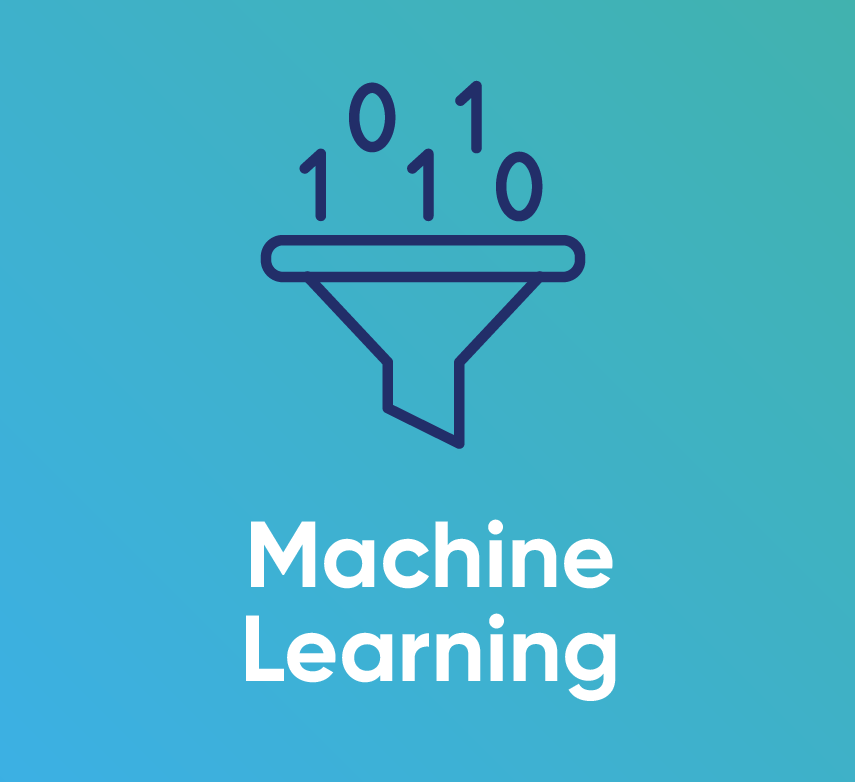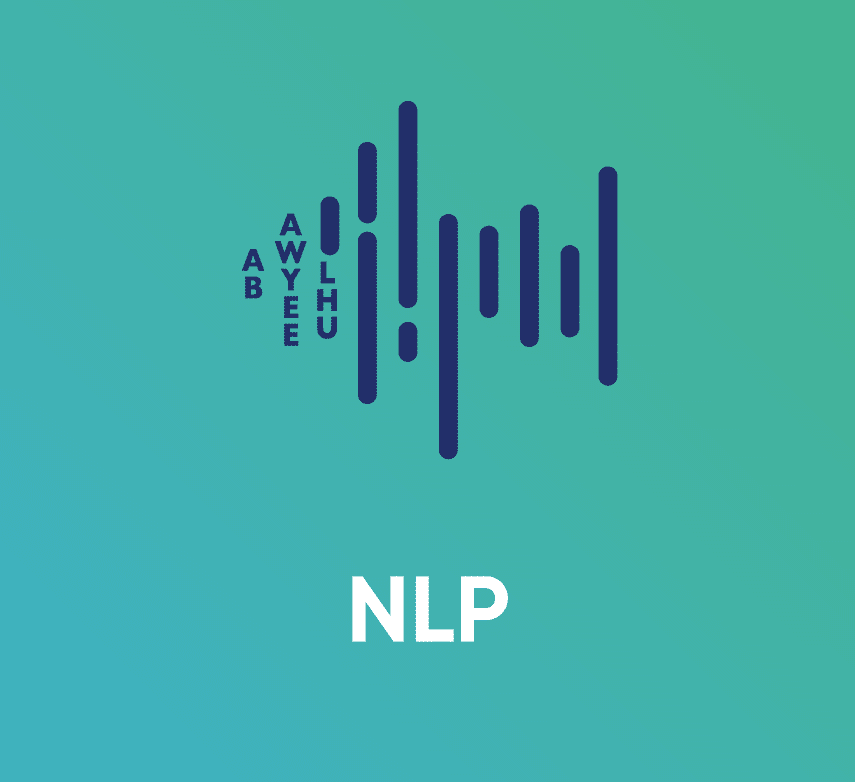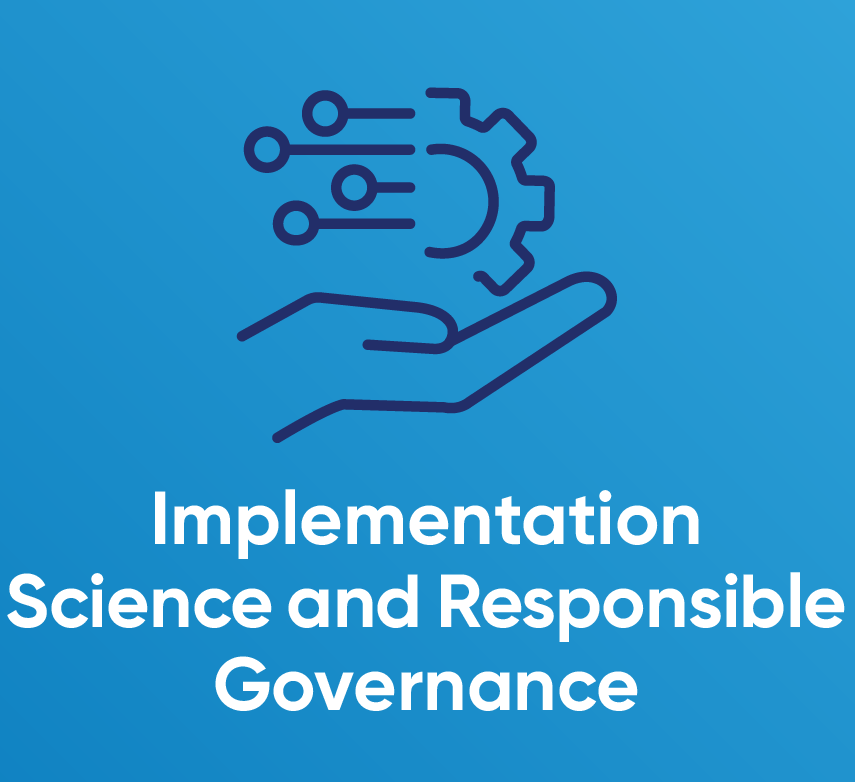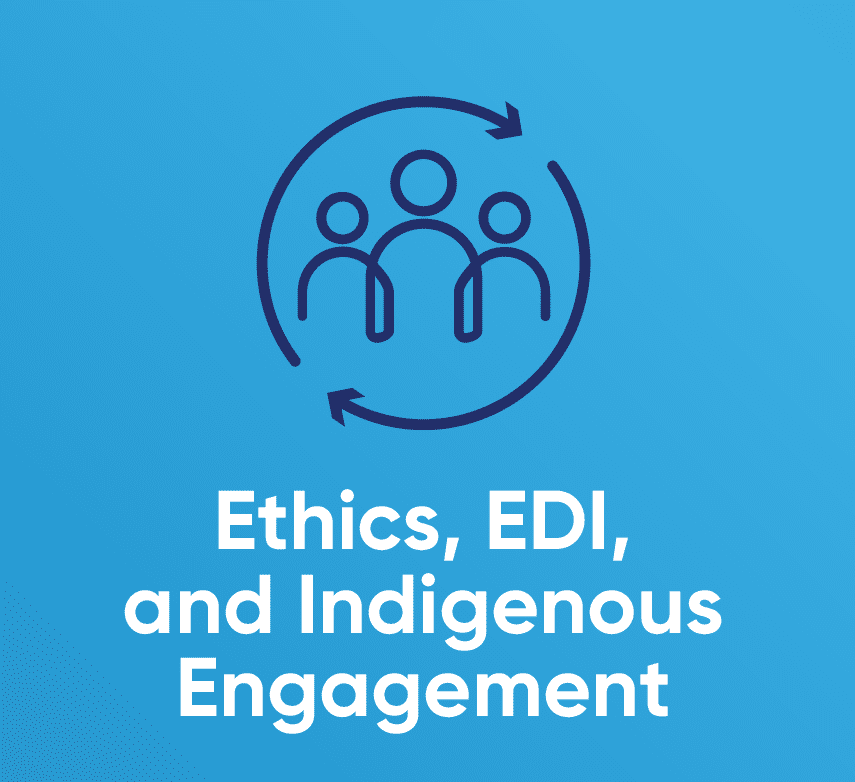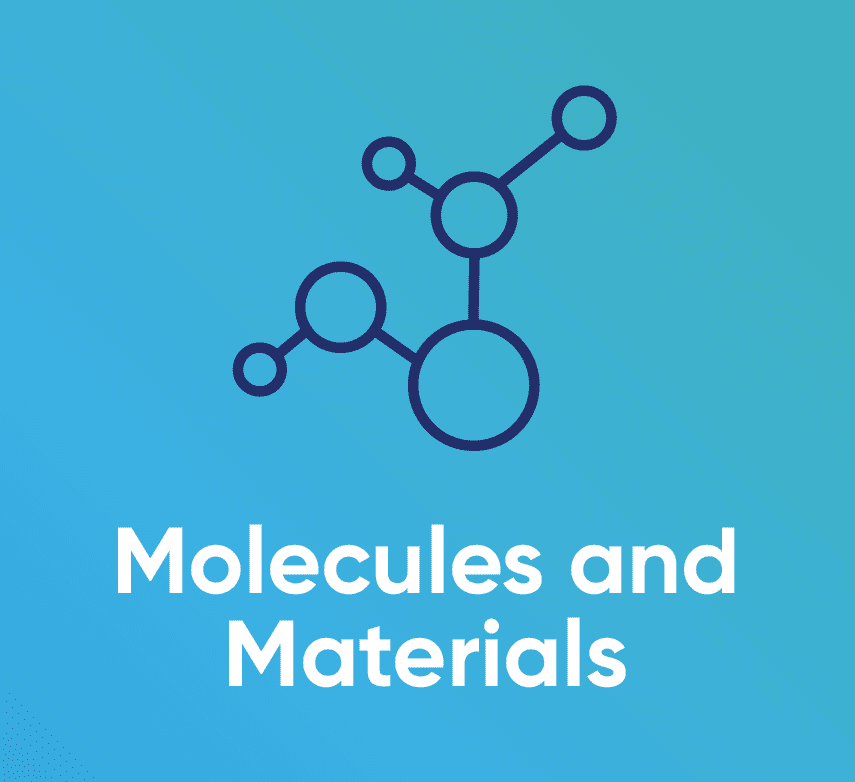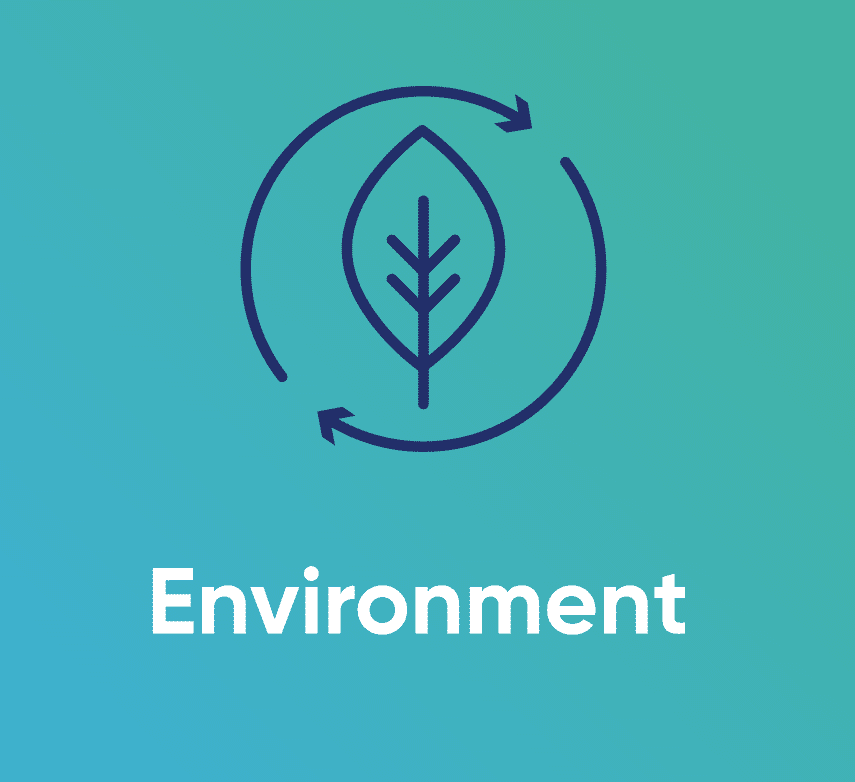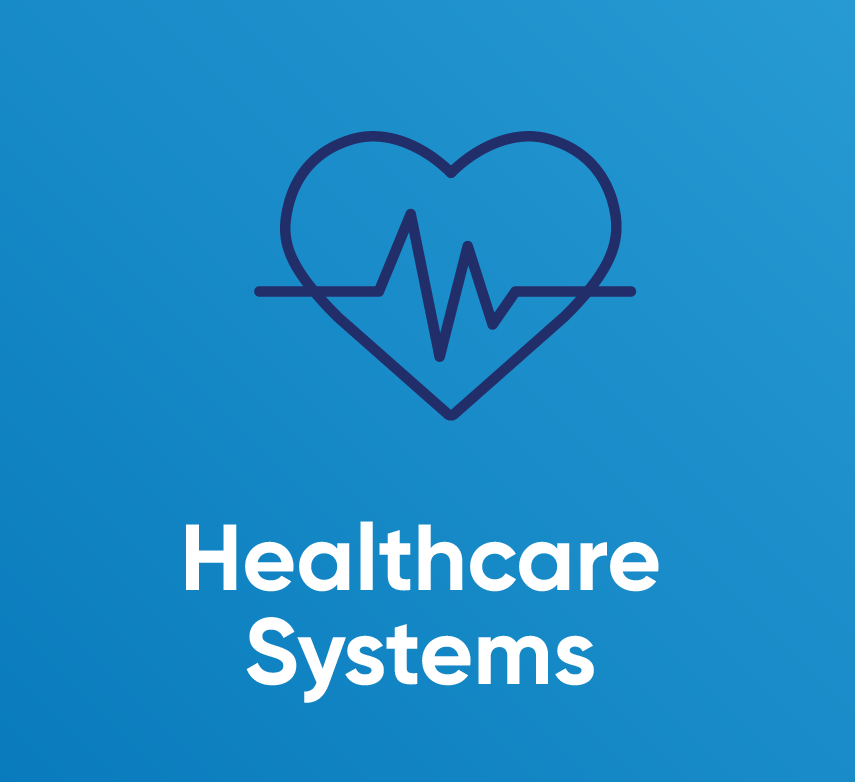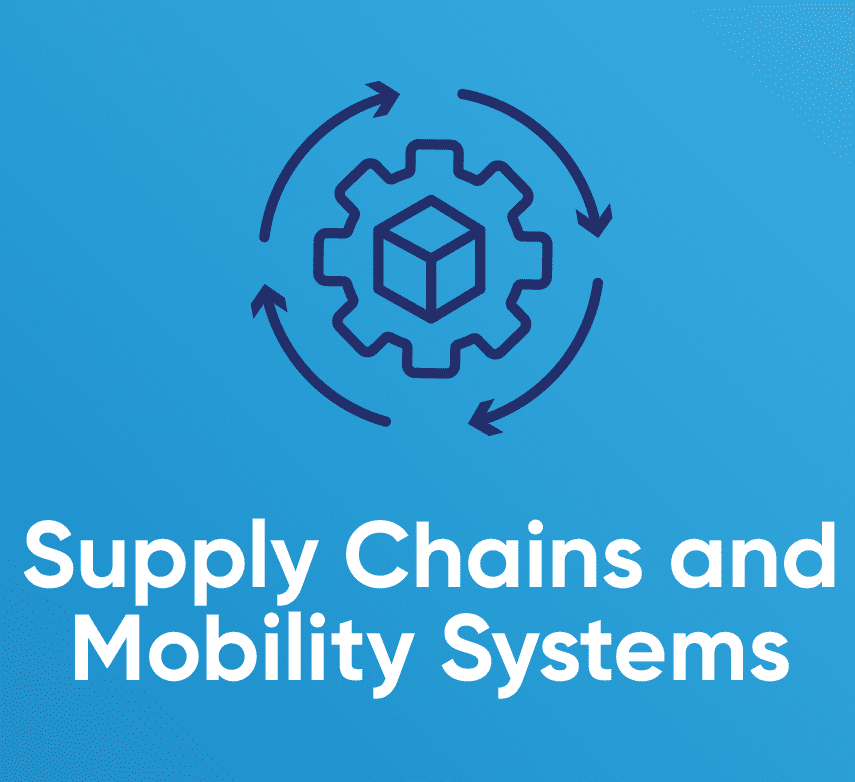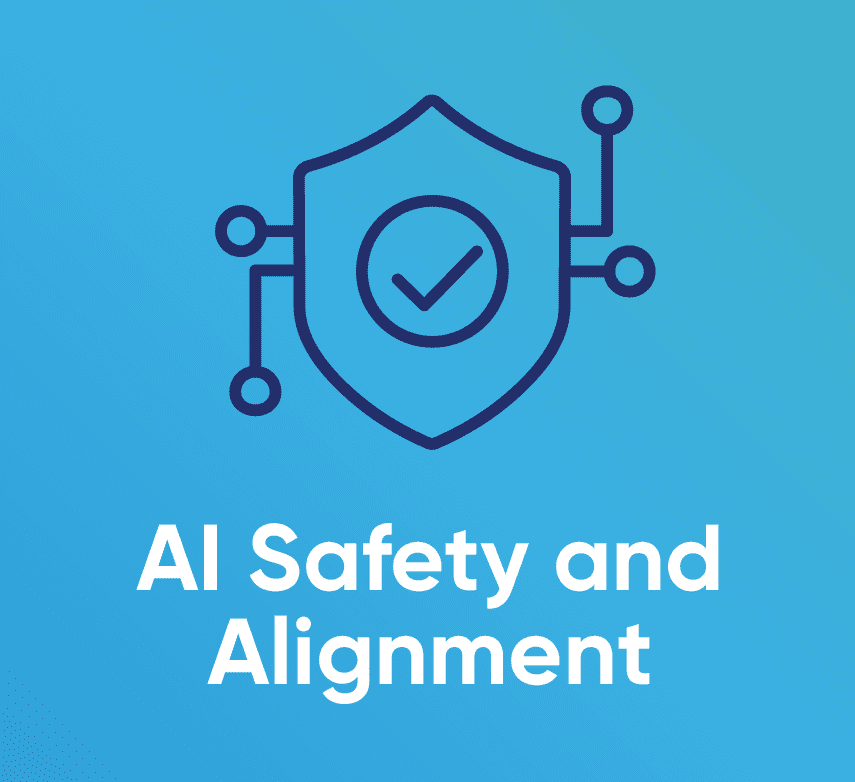With the support of the Canada First Research Excellence Fund to develop Robust, Reasoning and Responsible Artificial Intelligence (AI) (R³AI), IVADO offers several programs to its community. The flagship program of R³AI is the Strategic Research Regroupement program: ten Regroupements, whose function is to deploy and implement cross-sectoral scientific programming to achieve the R³AI vision.
On October 3, 2024, several co-leaders of the 10 IVADO R³AI Strategic Research Regroupements presented their research programs to an audience of scientists, students, and other representatives from public and private organizations during a Forum. This event provided an opportunity to discuss current and upcoming challenges in the various fields addressed by the Regroupements, fostering stimulating exchanges on the anticipated impact of their work, the inclusion of underrepresented groups in research projects, and the complementary contributions of certain disciplines to the presented programs.
Find out more about our research programs >>
Relive the Forum in photos >>
What is a Regroupement?
The purpose of a Strategic Research Regroupement is to deploy and implement the cross-sectoral scientific programming proposed in the R³AI application. Each Regroupement is made up of a group of researchers from IVADO’s academic members, as well as experts and partners relevant to its development. Each Regroupement is responsible for one theme, and receives financial, strategic and operational support from IVADO’s management.
Why set up these Regroupements?
In our view, the Regroupement model is the best way to achieve our goals of developing and deploying R³AI, requiring bold, cross-sectoral scientific programming with a transformative reach. Under IVADO’s leadership, this means creating original, interdisciplinary research alliances that will be able to respond to the complex challenges of the program.
Regroupements objectives
Each Regroupement has the following objectives:
- Develop ambitious, cross-sector scientific programming, i.e.:
- a collaborative research strategy;
- a knowledge mobilization plan tailored to the sector;
- indicators and impact measurements;
- national collaborations, notably with other Apogée teams, and international collaborations.
- Encourage multi-center projects;
- Train the next generation of researchers;
- Propose and organize scientific activities to advance the research theme in collaboration with other IVADO strategic research groups;
- Integrate best practices in terms of Equity, Diversity and Inclusion (EDI) into the composition and all activities of the Regroupement;
The Regroupements are expected to advance the science of R³AI and collectively contribute to the goals of creating robust, reasoned and responsible AI, as well as its adoption.
If you have any questions, please contact the team at: recherche@ivado.ca

